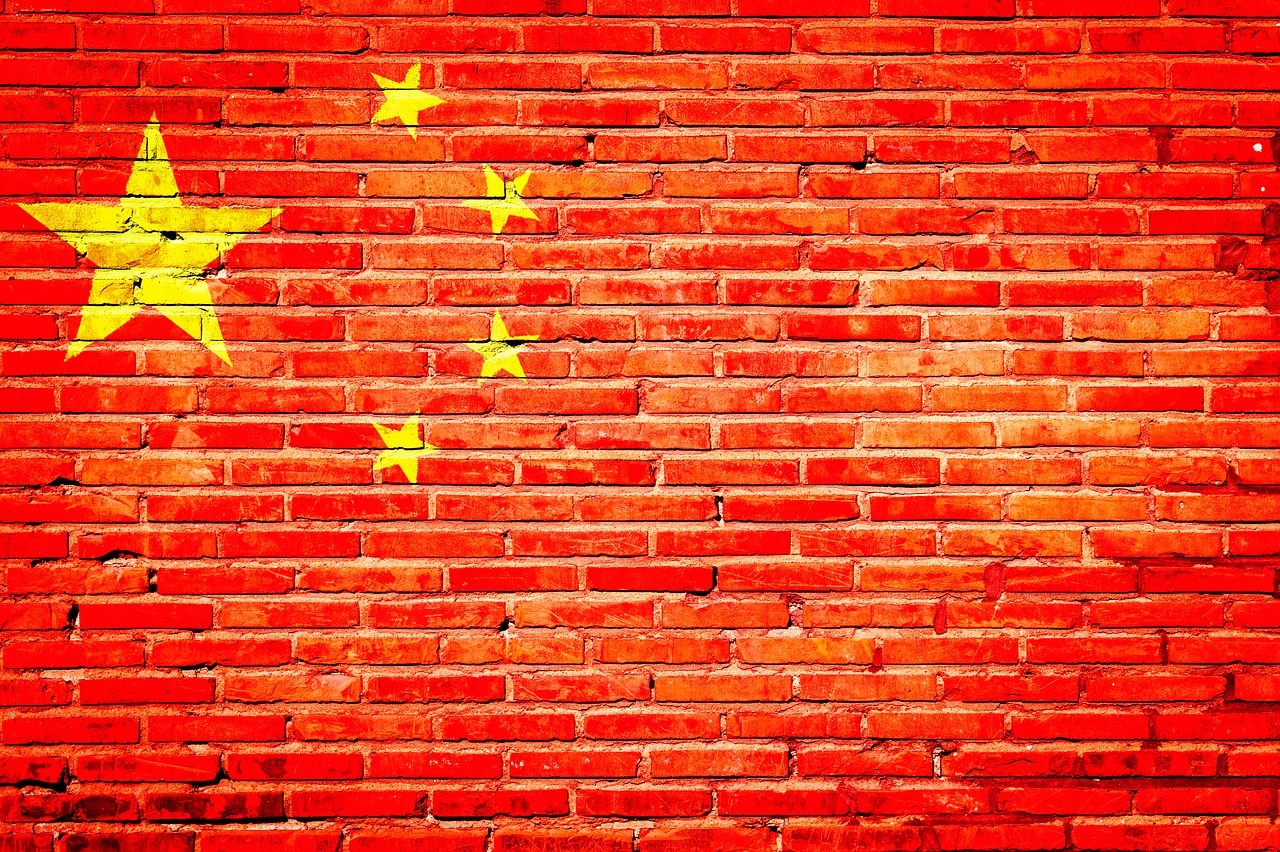
Users have to do a constant balance between performance and privacy. I started this article writing on my phone using the Microsoft Office mobile application. The draft was kept in OneDrive until I edited it in the web version of Office 365 and copied it into WordPress so they could read it.
All of that gave Microsoft a lot of data about me. Data that I don't care that Microsoft has in exchange for making my writing task easier.
Of course, if you were drafting a business plan for a new operating system, planning a terrorist attack, or editing the next best-seller, you would do it in LibreOffice.
The point is that users are entitled to expect a reasonable (but not absolute) level of privacy. when using online software and services. And if we are to believe the New York Times Apple has decided to sacrifice its Chinese users in favor of maintaining ties with the Chinese government.
Trieu Pham's story
In 2018, Guo Wengui, an exiled Chinese billionaire, who spent much of his time spreading corruption within the Chinese Communist Party, decided to give it visibility through a new platform, an application for iPhone. Somehow, the eThe Internet regulator of the Asian country found out and demanded that Apple not include it andn the Chinese version of the app store.
A committee of senior executives responded to the request and Guo was included in a list of content not pleasant to the Chinese government in which he is in the company of the Dalai Lama. Software was also programmed to automatically tag applications that mention it.
Some time later, Mr. Gou resubmitted his modified application in such a way that it circumvented the controls. Trieu Pham, in charge of reviewing it, found nothing that violated the rules and authorized its publication. Faced with protests from the Chinese government, Apple launched an internal investigation that culminated in the reviewer's dismissal for "poor performance." He contracted with a court case that uncovered documentation that brought to light troubling aspects of the Apple-China relationship.
Apple and Chinese government. Business and politics.
Apple in general and Tim Cook. your president in particular, They owe a great debt of gratitude to the Chinese government.
Cook was the one who twenty years ago led the company's entry into the Chinese market. To a large extent this move tIt transformed Apple into the world's most valuable company and made it the successor to Steve Jobs. Apple assembles nearly all of its products and earns one-fifth of its revenue from the China region. To achieve this the Chinese government spent billions of dollars to pave roads, recruit workers, and build factories, power plants, and employee housing.
Although Apple brings $ 55 billion a year to the country, the government doesn't just want foreign exchange. And he has a grip on Steve Jobs's company by the apples. According to an Apple advisor, no other country is able to offer the scale, skills, infrastructure and government assistance. that Apple needs. Today in China almost all iPhones, iPads and Macs are assembled.
Due to pressure from the Chinese government, Apple had to install two data centers in that country to store the files that Chinese users keep in iCloud, lto cloud for backups of your devices. It also keeps copies of the encryption keys in that country.
In China, it handed over the management of its customers' data to Guizhou-Cloud Big Data, ua company owned by the government of Guizhou Province, Apple recently asked its Chinese customers to agree to new iCloud terms and conditions that list GCBD as a service provider and Apple as "an additional party." Apple told customers the change was to "improve iCloud services in China with
The terms and conditions included a new provision that does not appear in other countries: "Apple and GCBD will have access to all the data you store on this service" and may share that data "with each other under applicable law."
App censorship
Apple said that atested 91 percent of the Chinese government's app removal requests, removing 1.217 apps. This is much higher than the combined total of all the other countries where it was approved. 40 percent of requests, eliminating 253 applications. The company claimed that most of the apps it removed at the request of the Chinese government were related to gambling or pornography or were operating without a government license, such as loan services and live streaming apps.
However, independent analysts maintain that since 2017, approximately 55,000 active apps have disappeared from the Apple App Store in China,
Although more than 35.000 of those apps were games, which in China must get approval from regulators, the remaining 20.000 included apps to track physical activity, allow editing of selfies, or teach sexual positions. They were not applications that allowed users to privately message, share documents, and browse blocked websites and, of course, international news sites.